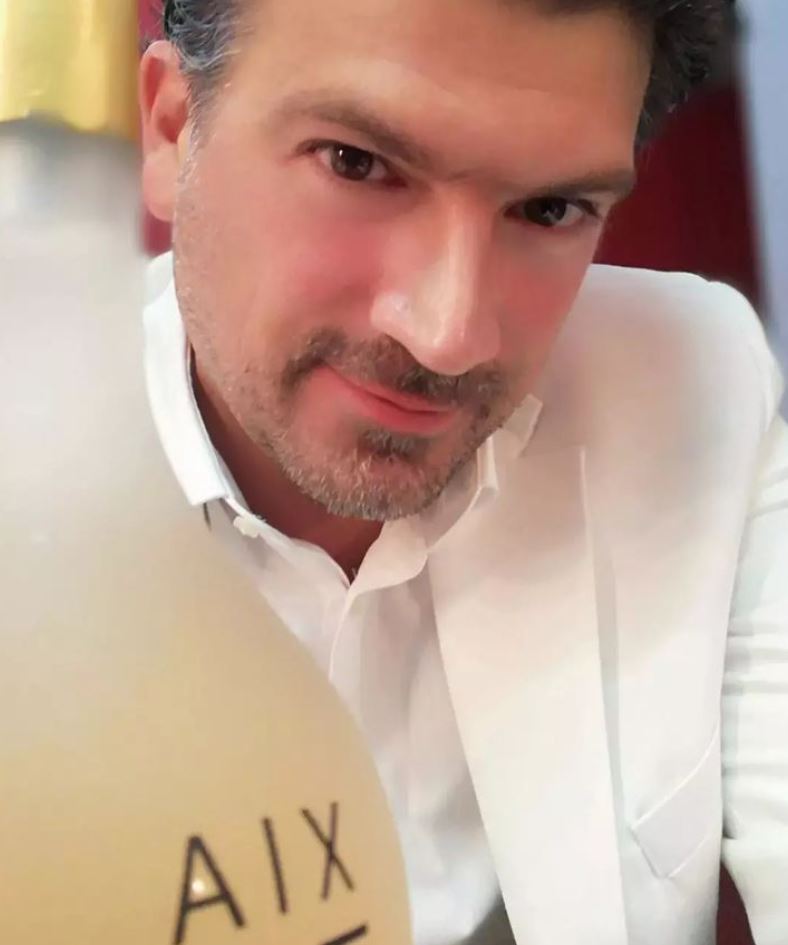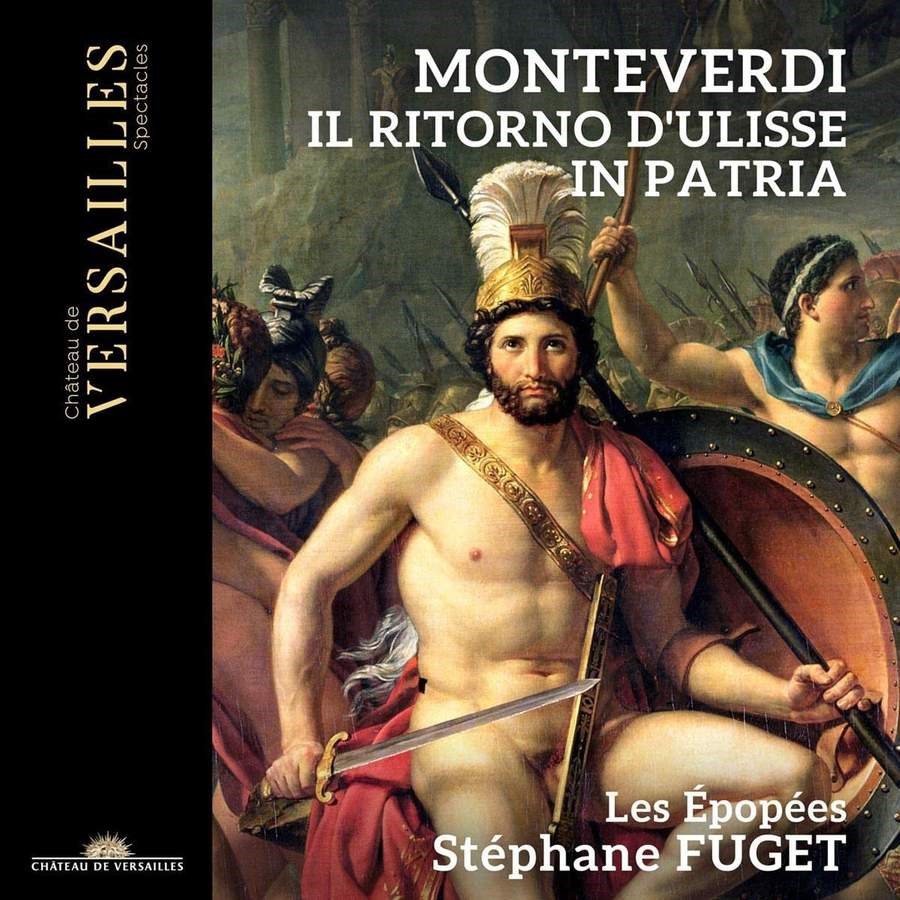Born in Italy, Valerio Contaldo grew up in Switzerland, studying voice at the Lausanne Conservatory. A major presence on European concert stages, his recent engagements have taken him to the Royal Opera of Versailles, Opéra Comique, Aix-en-Provence Festival, and the Grand Theatre of Geneva, to name a few.
Valerio’s repertoire spans from Monteverdi to Beethoven, and critics have described him as “a prodigious storyteller, a real revelation” who offers audiences “an animated story, lived with an intensity to which no one can remain insensitive.”
We chatted with Valerio ahead of his Tafelmusik debut as tenor soloist in Handel’s Messiah, December 16 and 17 at Koerner Hall.

How did music first enter your life?
My family was not particularly musical, though my father played folk guitar and pop music when he was young. I began to take classical guitar lessons when I was 13 or 14 years old, which is quite late compared to young violinists or pianists. Fortunately, I think I had good and stimulating teachers from the beginning and made progress rather quickly. When I was 17 or 18, they encouraged me to take part in young musicians’ competitions in Switzerland (in which I won first prize twice), and I was at that time convinced that I could have a career, or at least consider music as the most important part of my professional life. But that was before I started singing!

How did you first discover that you had a special talent for singing?
I started singing in my high school choir in Sion (Switzerland) when I was about 15. The conductor used to lead an amateur choir to which I was admitted (tenors are always needed!). Although it was not a professional ensemble, the level was good and I had the chance to sing many masterworks, such as the Christmas Oratorio by Bach, various renaissance and baroque works, and of course, Handel’s Messiah.
During my professional classical guitar studies, I always kept an interest in singing: in particular, choral and ensemble music. I even took part in various small ensembles of four to ten voices with groups of friends, singing at religious ceremonies such as weddings and funerals, or organizing concerts just for pleasure!
It was only a few years later, at the age of 22, that I started to train my voice and then joined professional ensembles, including the choir of Lausanne Opera, and the Ensemble Vocal de Lausanne conducted by Michel Corboz, who offered me some of my first solos. I particularly cherish this period because I had the chance to continue the exploration of sacred masterworks and to travel and discover a lot of places and concert halls throughout the world.
I was later admitted to the Haute École de Musique in Lausanne, and things started to become more serious: repertoire, auditions, opera training and productions, etc. I took advantage of every opportunity to sing in various ensembles. During this time, I met, for example, Stephan MacLeod, who hired me to sing in his ensemble Gli Angeli Genève. Their repertoire is centered mainly around Bach’s music, and I still collaborate with them from time to time with great pleasure.
Though you are renowned for your interpretations of baroque music, you have said that you prefer not to be limited to one style or period. How did you make the leap to performing everything from Monteverdi to Dominick Argento?
On the one hand it comes from my instrumental training: as a classical guitarist, although it is a modern instrument, I was trained to play music from various periods, ranging from the renaissance (for example, transcriptions of lute or vihuela music) to contemporary music. Of course, you cannot be “fully HIP” [editor’s note: HIP is the acronym for historically informed performance], but you can at least learn how to perform the music and texts from different styles through theoretical works and interpretations.
On the other hand, as a singer I try in general to limit myself only to what my instrument allows me to do. When I started my studies in singing, I was not particularly trained for baroque or early music. I tried everything I liked (and not always with success!) and was always in touch with specialists.
I was very open-minded, and my curiosity led me to attend musicology classes at the Geneva University, where I absorbed everything I could, in terms of music history, theory, and aesthetics, trying to be as inclusive as possible. This curiosity allowed me to be involved in various kinds of ensemble singing projects, even in first performances of works by living composers. Furthermore, I listen to a lot of different styles of music, being convinced that boundaries between different styles are not necessarily so obvious.

Storytelling is integral to Handel’s Messiah. Why is the soloist’s commitment to conveying and interpreting the text so important, in particular for this work?
Having sung Bach’s Christmas Oratorio and Passions several times, I would say that in Messiah, the storytelling is not so linear and much less “theatrical” (at least the text itself), which is quite surprising, because Handel is one of the most important opera composers in music history.
It is more, I believe, a succession of scenes, going from the prophecy of Jesus’ birth to the salvation of the soul, through the suffering and death of Christ. There are no proper descriptions or narrations of Jesus’ life in Messiah (for instance, Jesus’ death is only suggested and not described), but every singer represents a particular perception of Jesus’ life from the point of view of the believer. Of course, there are some associations, like the alto voice with Mary, the soprano with the Angel, and the bass with God’s words in the prophecies, but it is not a firm rule, and it is more a description of the characters than an embodiment of the characters themselves.
As a soloist, I think the most important task is to catch Handel’s incredible word painting. The relationship between text and music, through melodic patterns, harmonic language, and keys is very clear and goes straight to the heart.
We were fascinated to learn that you have performed in several “Mesías participativos” in Spain — not unlike Tafelmusik’s cherished tradition of Sing-Along Messiah. What’s special about those concerts and the audience participation experience?
As said before, singing in an amateur choir has been an important part of my musical education.
I find very touching that such a tradition is established in Spain, because it is socially important and also because it transmits a masterwork not only through listening but also “from inside.”
One of the interesting things is that these concerts are not necessarily played and sung by historically informed performers; very often the conductors are specialists (like, in my case, Eduardo López Banzo or Carlos Mena), but the orchestras are mostly linked to a city or a theatre, whose repertoire is usually very wide. Nowadays, it is quite rare to listen to “generalist” orchestras perform baroque masterpieces. This is, I think, due to the increasing specialization in the repertoire of a lot of orchestras during the last few decades, and I am convinced that all “modern” orchestras, as well as the audience, can benefit from keeping early music works in their repertoire.

I consider Handel one of the most universal composers in Western music. This is certainly related to Handel’s life and influences: German by birth and background, Italian by part of his training (in Messiah, there are even some popular inspirations, as in the Pifa or “He shall feed his flock,” the tune being the same as the Neapolitan Christmas song “Quanno nascette ninno”), and he is the father of the English oratorio, with a tradition that is still alive today. His music speaks to everyone.
If music had not been possible as a career, what would you most likely be doing now?
So difficult to say! As a child I was not particularly attracted to music and had totally different ambitions. I think my first interest was travelling, especially by train. I actually wanted to be a train driver or a station master. There were other dreams, like geographer or astronomer, but in a more actual and practical way, I think I could teach guitar or Italian language. To be honest, I was even offered some guitar and Italian teaching jobs, but I chose the slightly more adventurous life of music performance …
You are bilingual (French and Italian) and also speak English, German, and Spanish. Where does your ease with languages come from, and is there one that “speaks” to you more than others?
As you may know, Switzerland is a multilingual country. I grew up in the French-speaking part, with my parents speaking Italian at home, and I was taught German since primary school and English since secondary school. Spanish came a bit later, through friends and colleagues, and as a guitarist I could not neglect the importance Spain has in guitar repertoire and performers.
It is hard for me to say which language “speaks” more to me; in my work I try to be as accurate as possible in any language.
I was lucky to attend Italian literature and linguistics classes at the Geneva University (in addition to musicology). So I would say I have more knowledge in Italian and French, but it is no reason to neglect the importance of German (especially for Bach’s cantatas, Passions, or German lieder) and English. Regarding the latter, I have to say that at the Lausanne High School of Music I had an American singing teacher and an Australian teacher for diction, and I have always loved singing different repertoires besides opera and oratorio, like German lieder or English art songs (for example, works by Britten or Vaughan Williams).
What are the upcoming projects that you are most excited about?
After more than two years of the pandemic, I try to stay focused on the immediate concerts and operas, so I prefer not to talk about too distant projects! But I can say that in February 2023 I will sing Oronte in Handel’s Alcina in a European tour (Paris, Hamburg, Madrid, Barcelona, etc.) with Les Musiciens du Louvre directed by Marc Minkowski.
Next spring there will be, of course, some Bach Passions with Gli Angeli Genève, and a reprise of Monteverdi’s L’Orfeo with Cappella Mediterranea and Leonardo García Alarcón in Paris and Nancy.
Where can our readers find your recordings?
You should be able to find most of my recordings on the main digital platforms. I don’t have any exclusivity with a record label, so the situation can be confusing! I have worked mainly with Outhere (for all the recordings with Cappella Mediterranea and Leonardo Garcìa Alarcòn, including the title role in Monteverdi’s Orfeo), Naïve Records (for the recordings with Concerto Italiano and Rinaldo Alessandrini) or Claves (for the recordings with Gli Angeli Genève and Stephan MacLeod). Otherwise, you can find the CDs in regular or online stores.

Il Ritorno di Ulisse in Patria
